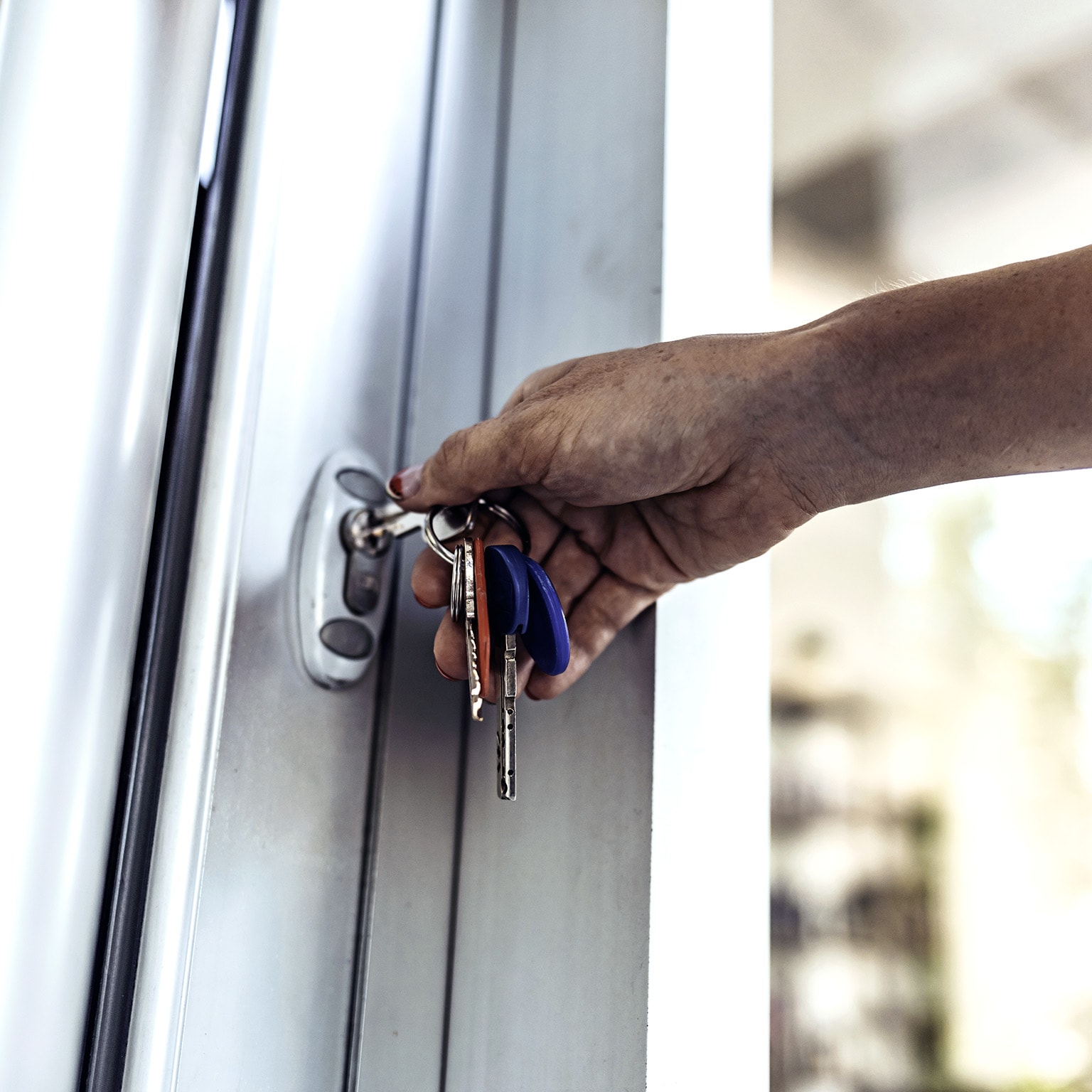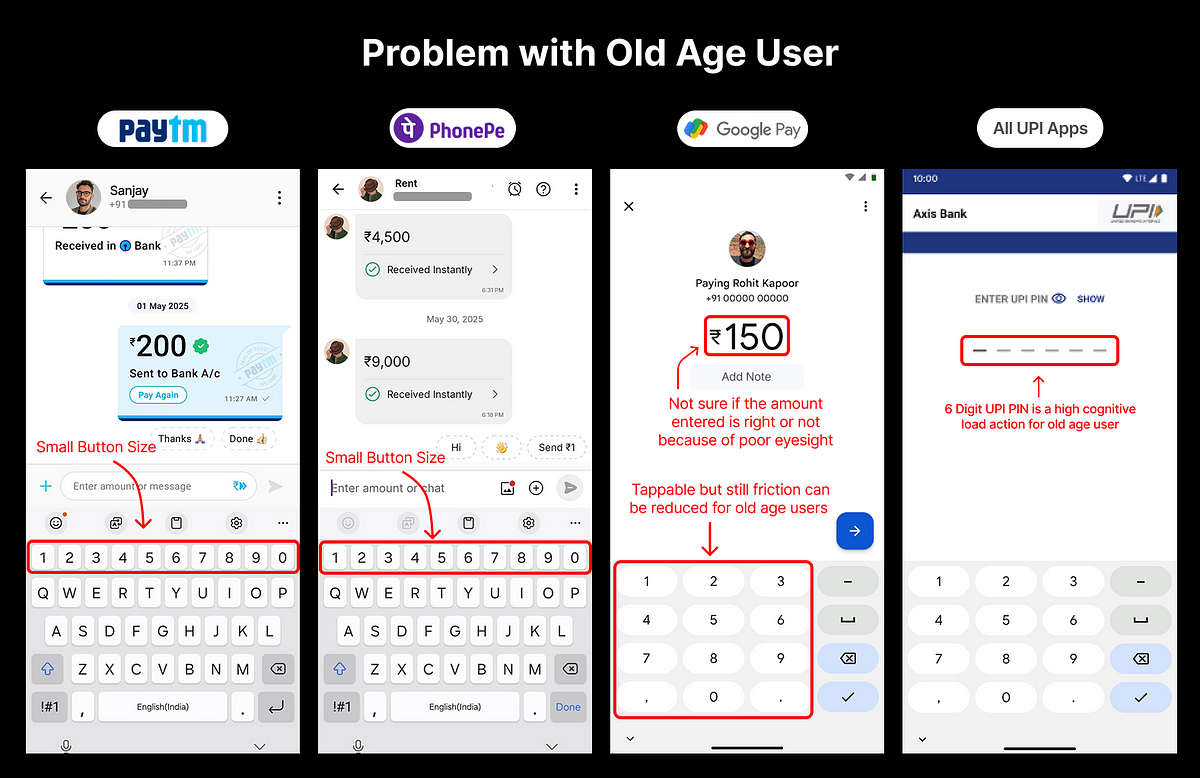Arizona Home Inspection Laws: What You Need to Know Before Closing
Know the Arizona Home Inspection laws before closing. Protect your investment by understanding key rules and your rights. Home Inspection is vital.

Buying a home is an exciting milestone, but it also comes with a maze of legal requirements and best practices that can feel overwhelming. Suppose you're in the Grand Canyon State. In that case, understanding the ins and outs of a home inspection in Arizona is crucial to protecting your investment and ensuring peace of mind during this significant transaction.
Understanding Home Inspection Requirements in Arizona
Arizona doesn't legally mandate home inspections during real estate transactions, unlike some states. However, just because they're not required by law doesn't mean they're not essential. Most mortgage lenders will require a thorough inspection before approving your loan, and for good reason.
A home inspection in Arizona typically costs between $300 and $500, depending on the property size and location. While this might seem like an additional expense during an already costly process, it's a small price compared to discovering major structural issues or safety hazards after signing on the dotted line.
What Makes Arizona's Inspection Process Unique
Arizona's desert climate creates unique challenges for homeowners. Inspectors in this state pay special attention to:
-
Cooling systems (crucial in a state where temperatures regularly exceed 100°F)
-
Signs of water damage (significant during monsoon season)
-
Pest infestations (including scorpions, termites, and roof rats)
-
Roof condition (UV damage is typical due to intense sunlight)
While inspection standards are similar nationwide, these regional concerns make local expertise particularly valuable when selecting an inspector.
Qualifications for Home Inspectors
Home inspectors must be licensed through the Arizona Board of Technical Registration in Arizona. This licensing ensures that the professional examining your potential home has:
-
Completed at least 84 hours of classroom training
-
Passed the National Home Inspector Examination
-
Conducted at least 30 parallel inspections with a mentor
-
Maintained proper liability insurance
-
Fulfilled continuing education requirements
When scheduling your inspection, always verify that your inspector holds a current Arizona license. This information can be checked through the Board's website, providing an additional layer of security in your home-buying process.
The Timeline of Home Inspections in the Buying Process
Timing is everything when it comes to real estate transactions, and home inspections are no exception. Understanding when and how inspections fit into the buying process can help you navigate this journey more smoothly.
Pre-Offer vs. Post-Offer Inspections
Most buyers choose to include an inspection contingency in their purchase offer, which means the inspection occurs after their offer is accepted but before the sale is finalized. This approach gives you leverage to:
-
Request repairs from the seller
-
Renegotiate the purchase price based on findings
-
Walk away from the deal if significant issues are discovered
In Arizona's competitive markets, some buyers opt for pre-offer inspections to strengthen their position by removing this contingency. While this strategy can make your offer more attractive to sellers, it also means you'll spend money on inspections for homes you might not ultimately purchase.
Inspection Contingency Periods
The standard inspection contingency period in Arizona is 10 days, though this timeframe is negotiable between buyers and sellers. Within this window, you'll need to:
-
Schedule and complete the inspection
-
Review the findings thoroughly
-
Decide whether to request repairs, ask for credits, or proceed as is
-
Negotiate with the seller if necessary
-
Make your final decision about proceeding with the purchase
Given this tight timeline, it's wise to have inspector contacts ready before entering into a purchase agreement. During hot market periods, quality inspectors can be booked solid for weeks.
What to Expect During a Home Inspection
A thorough home inspection in Arizona typically takes 2-3 hours, depending on the property size and complexity. While you're not required to attend, being present during the inspection offers valuable insights into your potential new home.
Areas Covered in a Standard Inspection
A comprehensive inspection will evaluate:
-
Foundation and structural components
-
Roof and attic
-
Electrical systems
-
Plumbing systems
-
HVAC systems
-
Doors, windows, and interior features
-
Exterior features, including grading and drainage
-
Garages and carports
-
Built-in appliances
-
Swimming pools and spas (often at additional cost)
Common Issues Found in Arizona Homes
The unique climate and building practices in Arizona lead to some common inspection findings, including:
Roof Damage
Arizona's intense sun can deteriorate roofing materials more quickly than in other regions. Inspectors frequently identify:
-
Cracked or missing tiles
-
Damaged flashing around vents and chimneys
-
UV deterioration of roofing materials
-
Improper repairs from previous maintenance
HVAC Concerns
Given the critical nature of cooling systems in Arizona's climate, inspectors pay particular attention to:
-
Air conditioning efficiency and operation
-
Ductwork condition and insulation
-
Proper sizing of units for the home
-
Age and maintenance history of equipment
Water-Related Issues
Despite the arid climate, water damage remains a common problem in Arizona homes:
-
Poor drainage around foundations
-
Evidence of previous flooding during monsoon seasons
-
Improper grading is causing water to pool near the structure
-
Plumbing leaks or inadequate waterproofing in bathrooms
Specialized Inspections Worth Considering
Beyond the standard home inspection, some additional assessments worth considering include:
-
Termite/Pest Inspections: While some home inspectors look for evidence of pests, a specialized termite inspection (often required by lenders) provides a more thorough analysis.
-
Pool/Spa Inspections: Given the prevalence of pools in Arizona, a dedicated pool inspection can identify potential safety hazards and expensive maintenance issues.
-
Sewer Scope: Particularly valuable for older homes, this inspection uses a camera to examine sewer lines for damage or blockages.
-
Mold Testing: In homes with previous water damage or in areas with high humidity during monsoon season, mold testing can identify hidden health hazards.
Legal Protections for Buyers and Sellers
Arizona law provides several protections for both parties in a real estate transaction when it comes to property condition and disclosures.
Seller Disclosure Requirements
Arizona sellers must complete the Seller's Property Disclosure Statement (SPDS), a comprehensive form detailing known property issues. However, this form isn't a substitute for a home inspection in Arizona for several reasons:
-
Sellers can only disclose issues they're aware of
-
Some problems may exist without visible symptoms
-
Newer issues might have developed since the seller's purchase
-
Sellers may (illegally, but unfortunately sometimes) withhold information
The SPDS serves as a starting point, but a professional inspection provides an objective evaluation of current conditions.
Using Inspection Results in Negotiations
Once your inspection is complete, you have several options depending on the findings:
-
Request repairs: Ask the seller to fix specific issues before closing
-
Request credits: Negotiate for reduced pricing to cover the cost of future repairs
-
Accept as-is: Proceed with the purchase without changes to terms
-
Cancel the contract: Walk away from the deal if significant issues are discovered (and your contract includes an inspection contingency)
Most transactions involve some negotiation after inspections, making it important to prioritize which issues matter most to you. Working with an experienced real estate agent who understands local market conditions can help you determine reasonable requests.
Home Warranty Considerations
Many Arizona home sales include a home warranty—a service contract covering the repair or replacement of major home systems and appliances. While these warranties provide some protection against unexpected failures, they shouldn't be viewed as a substitute for thorough inspection and negotiation around existing issues.
Important Takeaways for Arizona Homebuyers
While navigating the home inspection process might seem daunting, keeping these key points in mind will help ensure you're making an informed decision about your investment:
-
Verify inspector credentials: Always confirm your inspector holds a current Arizona license through the Board of Technical Registration.
-
Attend the inspection: Being present allows you to ask questions and gain a deeper understanding of potential concerns.
-
Read the full report: Don't just skim the summary—review all findings carefully and ask for clarification on anything you don't understand.
-
Prioritize safety and structural issues: When negotiating repairs, focus first on items that impact safety or structural integrity rather than cosmetic concerns.
-
Consider future maintenance costs: Use the inspection to help budget for upcoming maintenance expenses, particularly for aging systems like roofing or HVAC.
By taking the home inspection process seriously and understanding Arizona's specific requirements, you'll be better positioned to make confident decisions about your purchase and avoid costly surprises down the road.
Remember that while an inspection is a significant milestone in your home-buying journey, it's just one piece of the puzzle. Working with knowledgeable real estate professionals who understand Arizona's unique market conditions and legal requirements will help ensure a smooth transaction from inspection to closing day.





































































































![Building A Digital PR Strategy: 10 Essential Steps for Beginners [With Examples]](https://buzzsumo.com/wp-content/uploads/2023/09/Building-A-Digital-PR-Strategy-10-Essential-Steps-for-Beginners-With-Examples-bblog-masthead.jpg)















































